The new Netflix documentary, Take Care of Maya, has grabbed audiences with the story of Maya Kowalski and her family. Keeping the audience on the edge of their seats, yearning for answers, this real-life story film sheds light on Maya, a young girl whose life was marred by a series of disappointments caused by the medical industry. Consequently, she grew into a traumatized teenager burdened by the lasting effects of her illness.
The documentary delves into the realm of true crime, exposing the actions of irresponsible caretakers and well-intentioned yet misguided parents. Its gripping narrative takes audiences, including myself, on a rollercoaster ride of twists and turns. We witness the moral conflicts faced by desperate parents who are willing to go to any lengths to save their child’s life, causing more harm than good. With no time to waste, let’s unravel the gripping story of the Kowalski family.
What was Maya Kowalski’s disease?
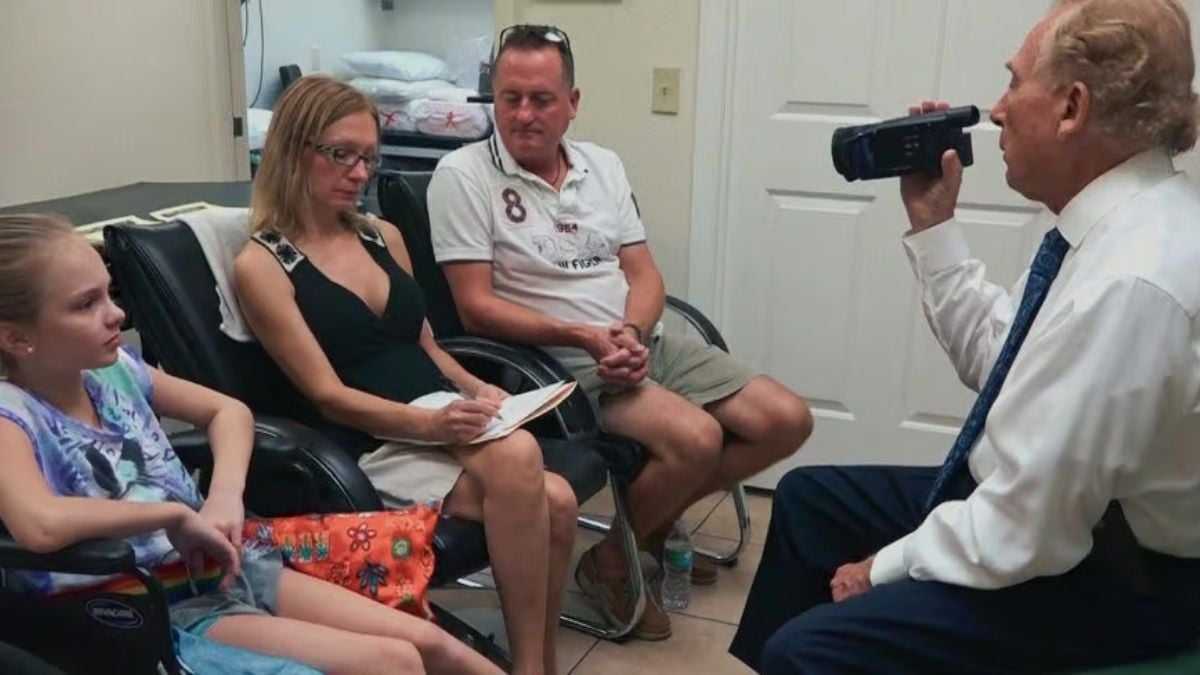
Maya Kowalski, a native of Venice, Florida, enjoyed a happy childhood with her parents, Jack and Beata. Jack worked as a firefighter, while Beata pursued a career as a nurse. Maya also had a younger brother named Kylie, and their home was filled with warmth and love until 2015 when Maya’s life took a devastating turn when she was diagnosed with a rare disease.
The first indications of Maya’s illness surfaced when she began experiencing severe pain and developed lesions across her body. As time went on, Maya started experiencing shortness of breath, accompanied by bouts of coughing and mucus production. Adding to the already concerning symptoms, Maya also exhibited signs of dystonia – a neurological disorder characterized by spasms and involuntary movements, primarily affecting her legs.
Initially, like many cases involving chronic illnesses, Maya’s symptoms were brushed off as anxiety-related, attributing them to psychological factors. Despite this less-than-ideal prognosis, Maya’s parents refused to give up and persisted in their search for answers. Through extensive research, Maya’s mother, Beata, stumbled upon Dr. Kirkpatrick’s clinic, where the desperate family finally found a diagnosis. Maya was officially diagnosed with CRPS (Complex Regional Pain Syndrome).
What happened to the Kowalski family?
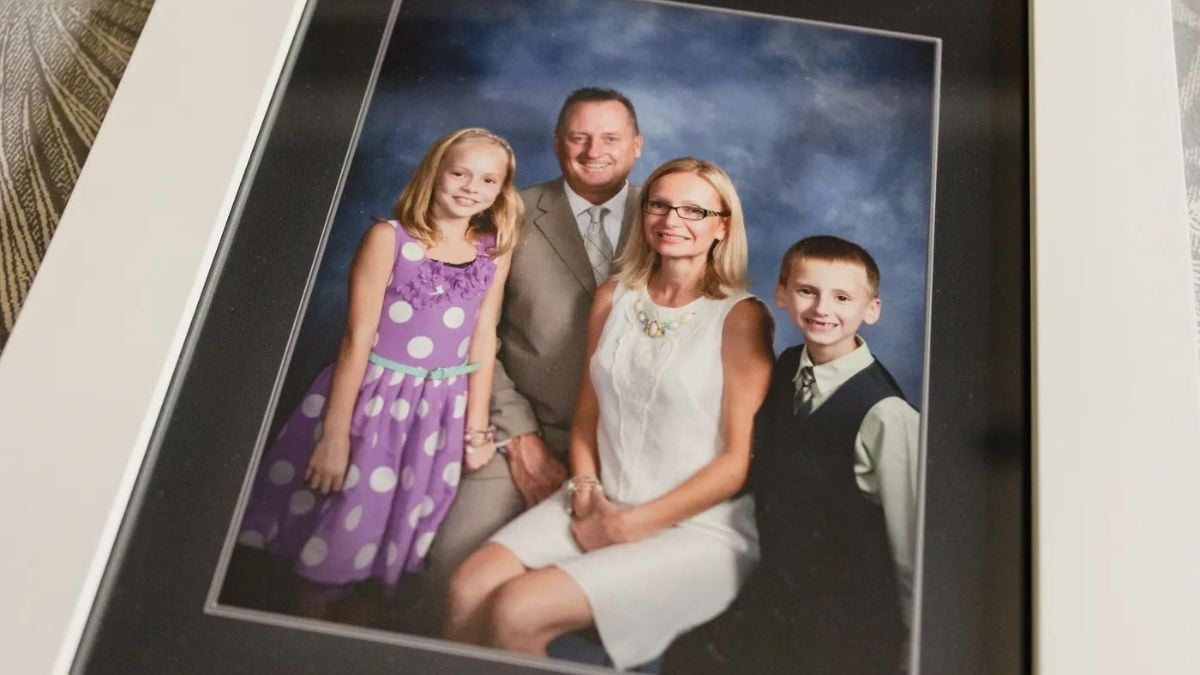
With a sense of relief that they finally had a name for Maya’s disease, the family explored potential treatments. Initially, Ketamine was prescribed as the primary source of relief for young Maya. However, this treatment proved ineffective. Determined to find a solution, Maya’s parents took her to Mexico, where they discovered an alternative approach – an intravenous coma treatment using Ketamine. While this method showed promise, Maya experienced hallucinations as a side effect, needing a reduction in dosage over time.
Fortunately, Maya’s limbs began to recover gradually, allowing her to regain a sense of normalcy in her life. However, in 2015, her health took a turn for the worse once again, leading to her admission to Johns Hopkins All Children’s Hospital. The medical professionals at the hospital expressed concerns about the Ketamine treatment, as there was limited data on its effectiveness, leaving them uncertain about its potential risks.
Sadly, this marked the beginning of a hard year for young Maya. As Beata requested Ketamine for her daughter — who was writhing in pain — hospital officials, namely pediatrician Sally Smith, accused the parents of abuse and mistreatment. Consequently, Maya was diagnosed with Munchausen syndrome by proxy – a form of child abuse in which parents inadvertently induce illness in their child. As a result, Maya was forcibly separated from her family and placed under the care of Catherine Bedy, a social worker who aggressively worked to keep the child away from her parents.
Stripped away from her home and gripped by fear, Maya’s parents embarked on a lengthy legal battle to regain custody of their daughter, but their efforts were in vain. Despite months of relentless attempts, Beata’s hope wavered, and her own mental health began to deteriorate. Tragically, Maya had to endure the heartbreak of losing her mother when Beata took her own life. This forced Maya into a prolonged journey of recovery, further complicated by her deep mistrust toward doctors due to the accusations of child abuse.
Where is Maya Kowalski now?
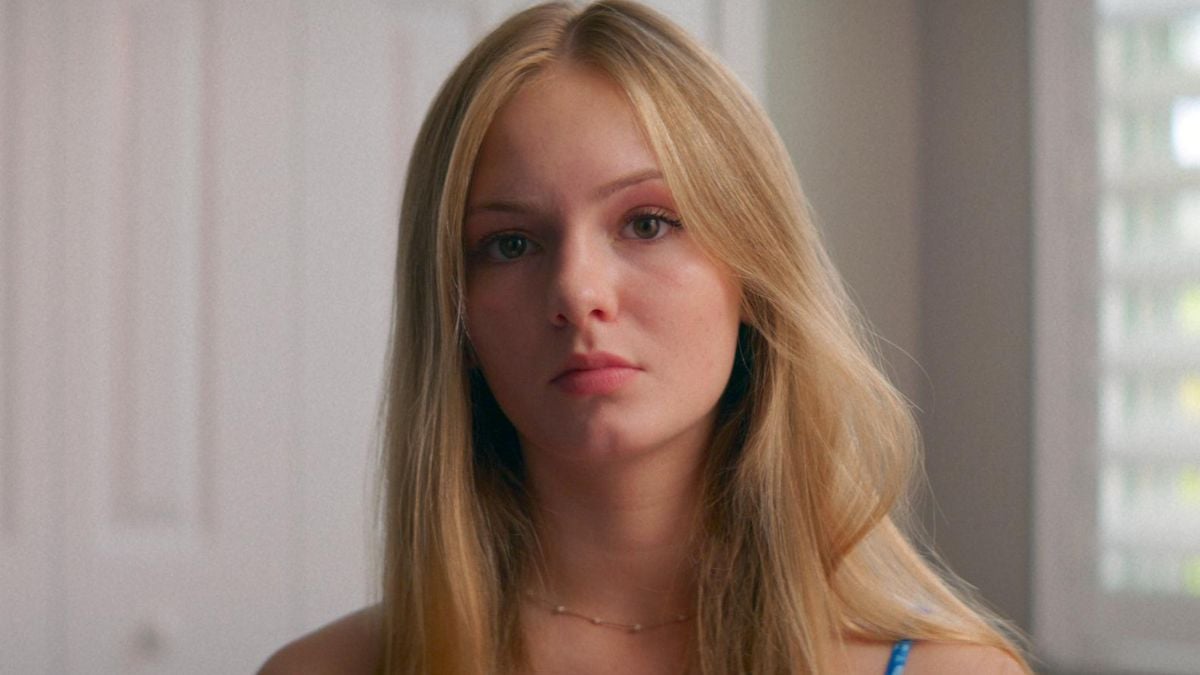
Maya’s resilience shines through in her interviews featured in the documentary. Now 17 years old, she continues to look forward, determined to live life with optimism. While her physical pain persists to some extent, it has significantly diminished, enabling her to engage in sports, particularly figure skating, and even participate in tournaments.
In the aftermath of the tragic events, the Kowalski family took legal action against All Children’s Hospital, DCF (Department of Children and Families), Suncoast, Sally Smith, and Bedy. In October 2018, a judge reviewed the case and determined that there was substantial evidence to support punitive damages for the charges of battery and false imprisonment. Suncoast and their employee, Dr. Sally Smith, have reached a settlement with the Kowalski family, amounting to $2.5 million.
For now, the Kowalskis — who are still grieving the passing of Beata — are forced to move forward from the arduous and downright nightmarish time in their lives. Hopefully, their continuous efforts will prevent any other children from being taken away from their homes by irresponsible medical professionals.

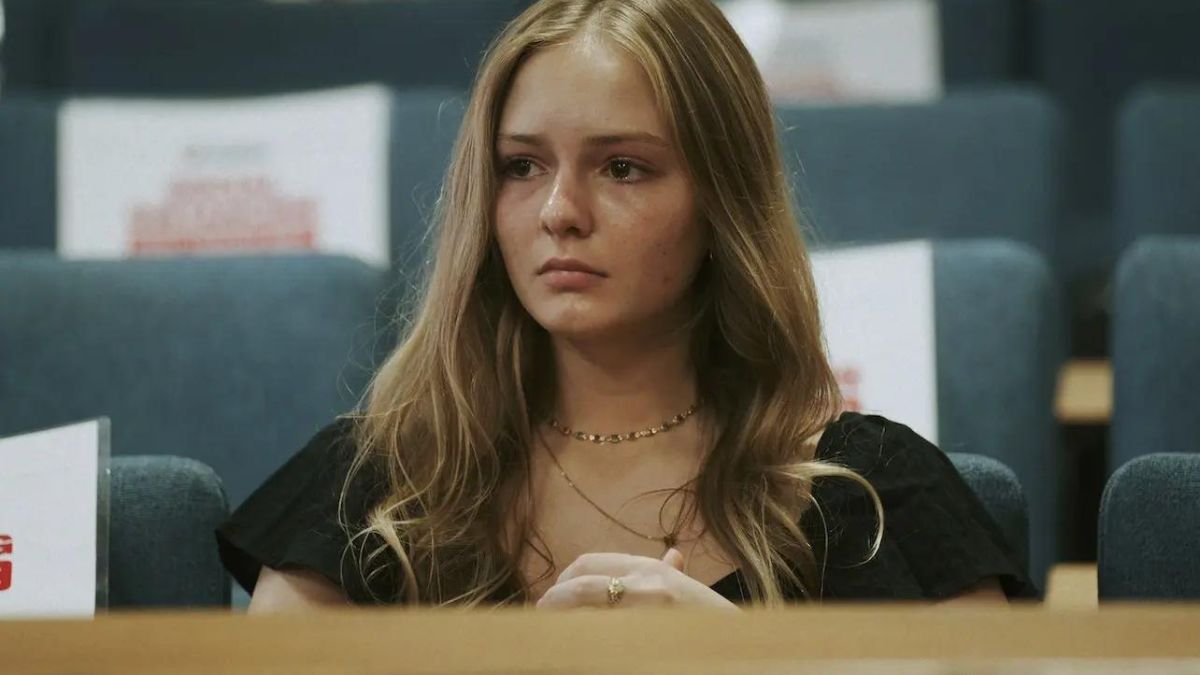
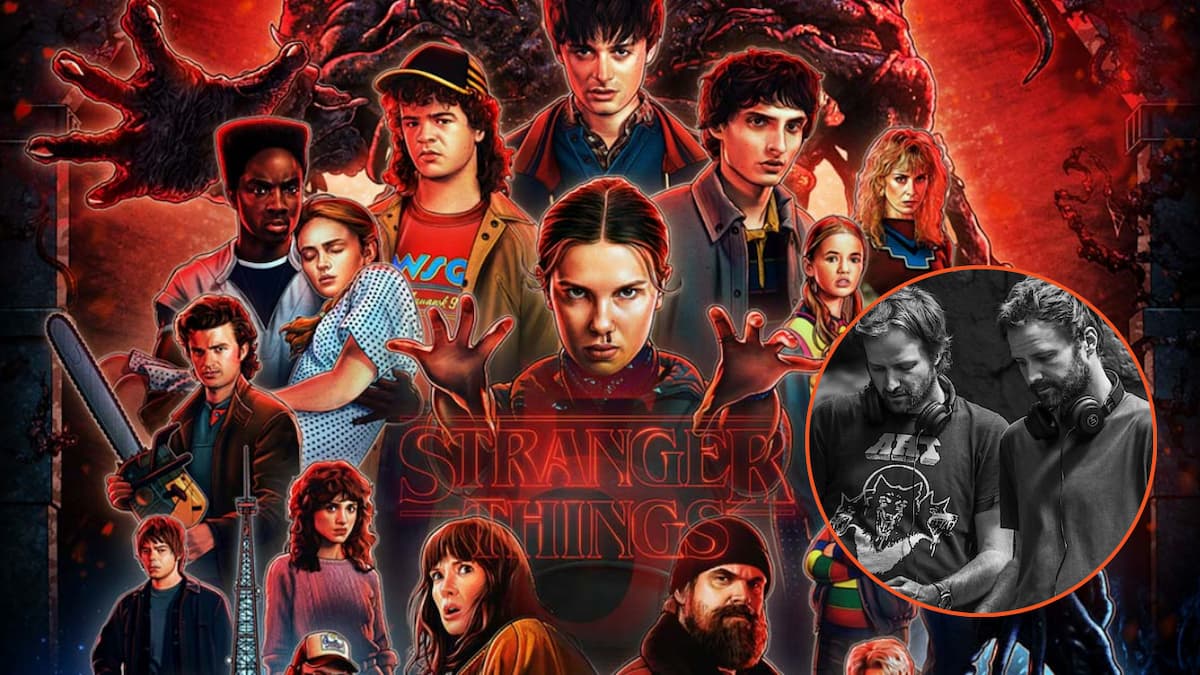

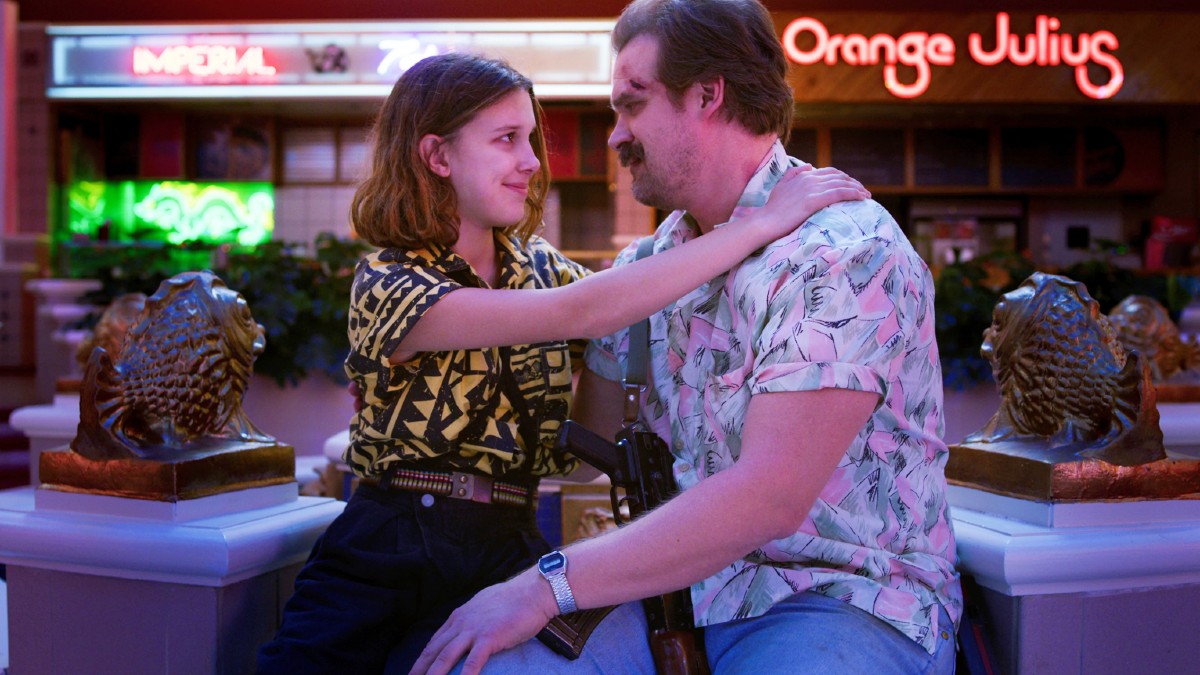
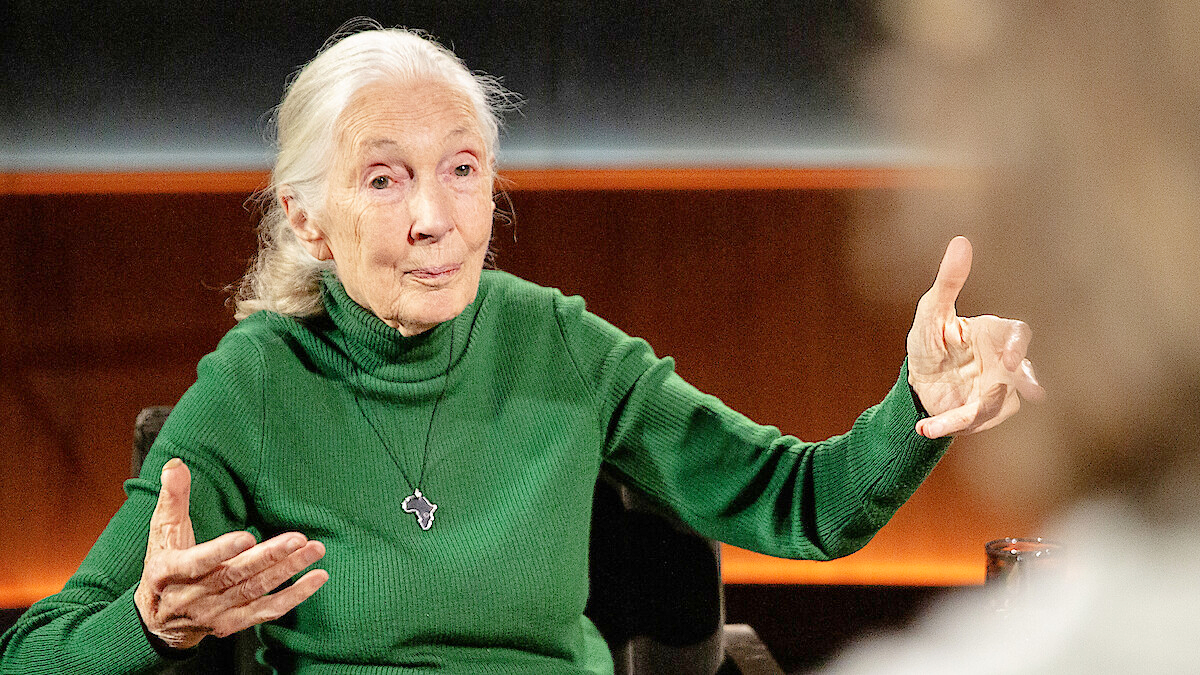
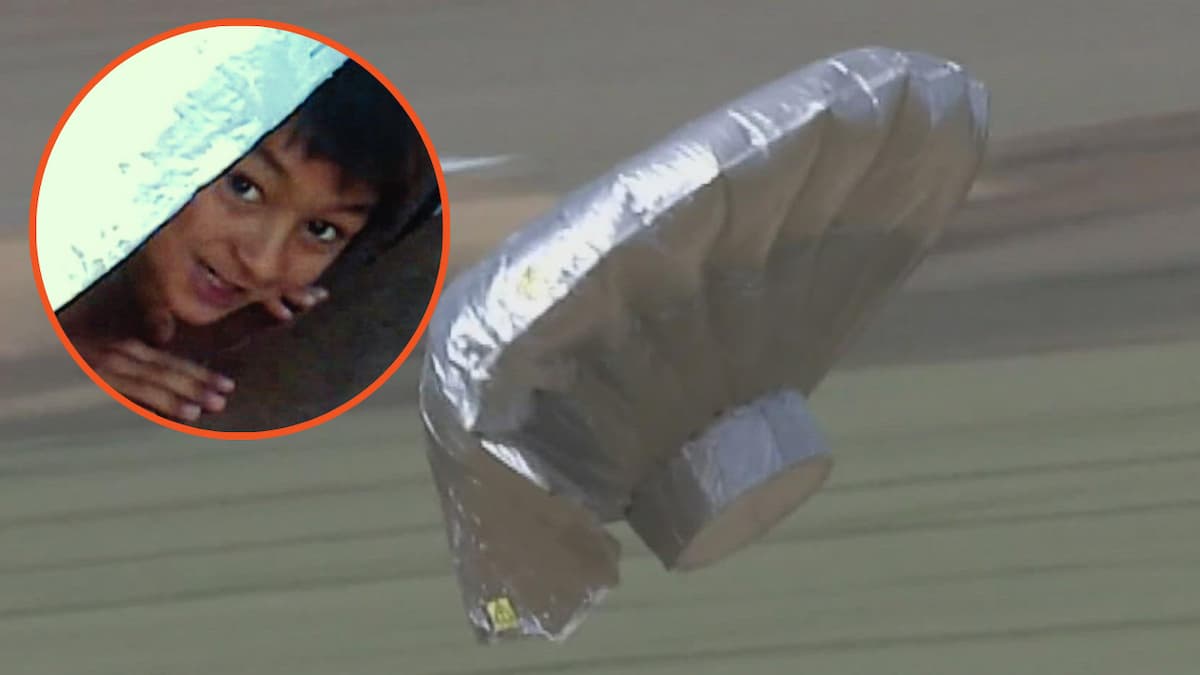
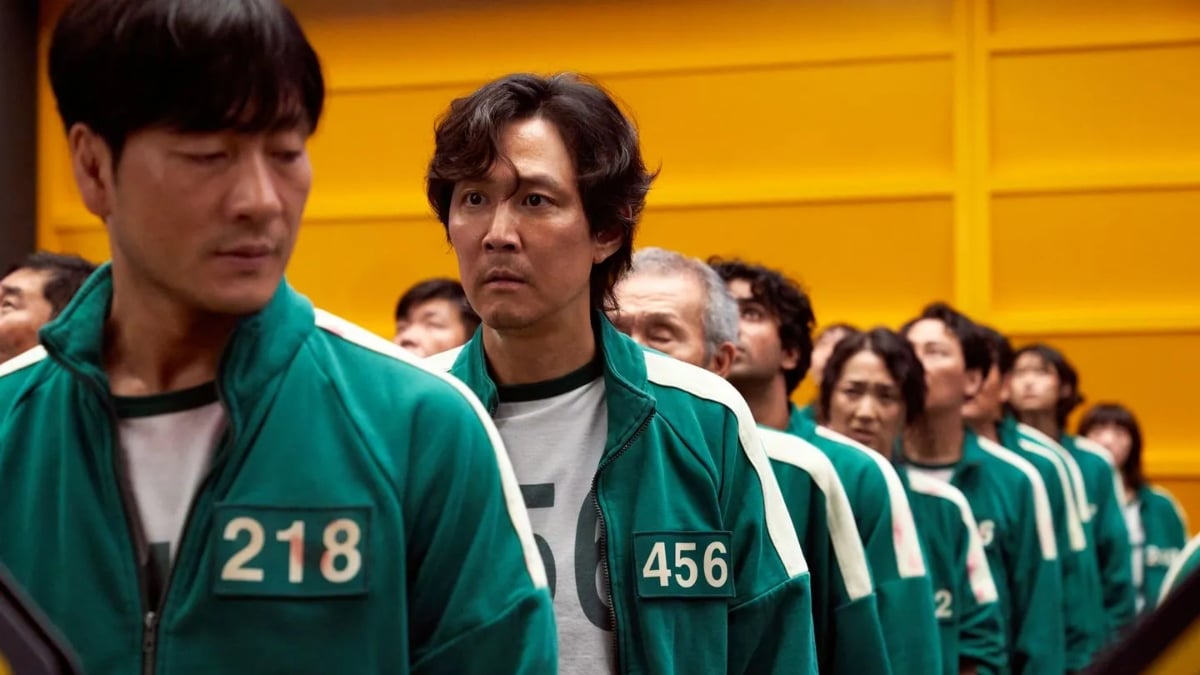

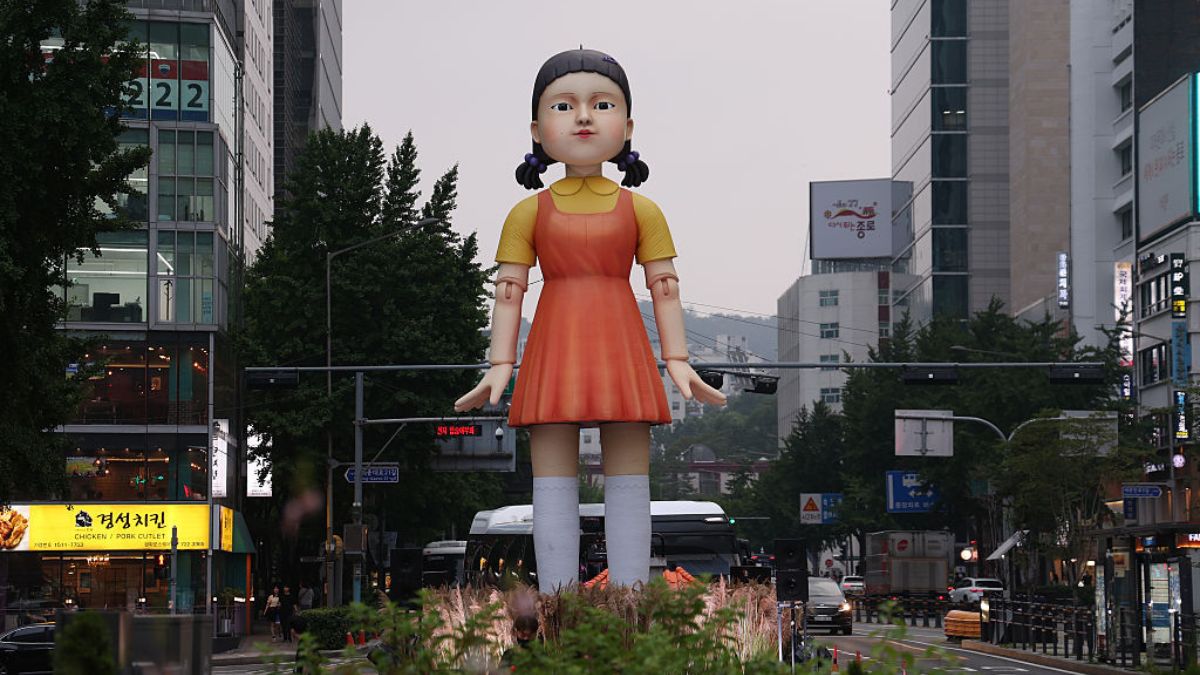

Published: Jun 20, 2023 12:50 pm